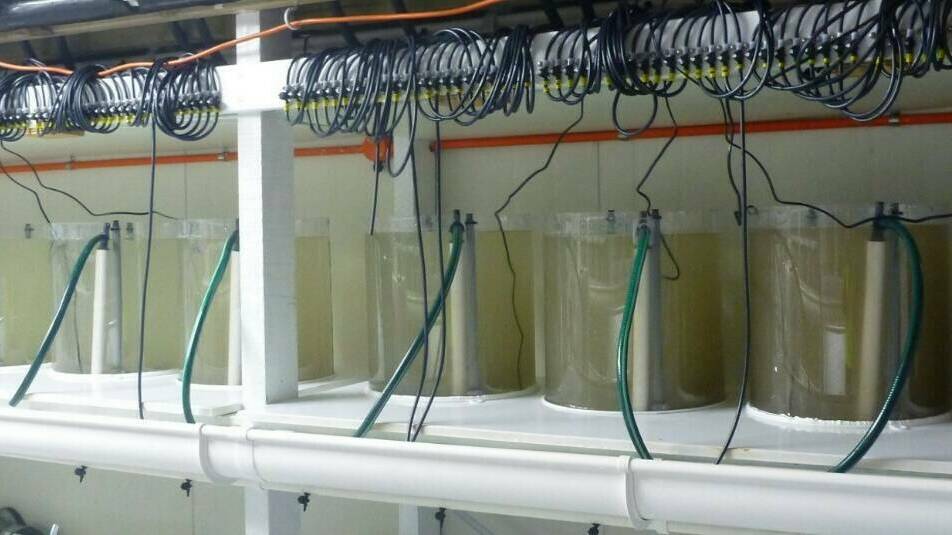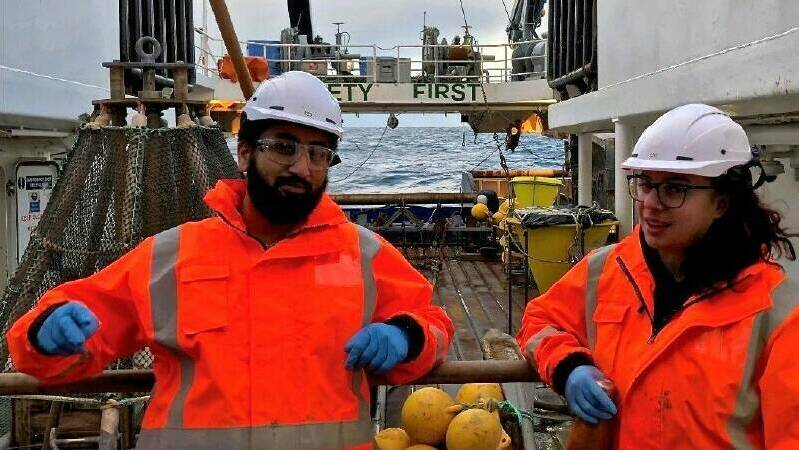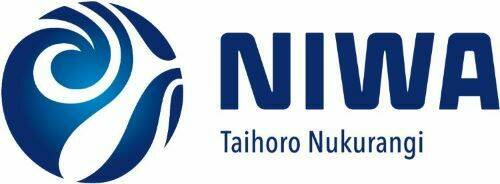ROBES Programme: The resilience of deep-sea benthic communities to the effects of sedimentation
The ROBES (Resilience Of Benthic communities to the Effects of Sedimentation) programme is a six-year collaborative research effort between NIWA, Victoria University of Wellington and the University of Waikato. It aims to look at the impact clouds of sand and other particles (sediment plumes) generated by human activities, such as deep-sea trawling and potential seabed mining, have on life in and on the deep-sea seabed.

Background
The effects of sedimentation on life in and on the deep-sea seabed are not well understood. This six-year research programme looks at the impacts on benthic communities of sediment plumes (clouds of sand and other particles) created by disturbance to the seafloor and the potential discharge of processed waters.
Understanding such impacts in the deep ocean is challenging but is important for evaluating the effects of human activities on the environment and developing options to manage them.
Project details
The research includes both field surveys (involving seabed disturbance and monitoring surveys) and laboratory-based experiments (with controlled exposure of animals to suspended sediment) to determine the effects of seabed disturbance on benthic life.
In combination, the novel research is providing information on the concentrations and distances over which the impacts of suspended sediment on animals become ecologically significant.
What they hope to achieve
The multidisciplinary programme is revealing new insights into:
- the dynamic nature of natural environmental conditions (such as currents and natural sedimentation rates)
- plume effects on water column turbidity and chemistry
- effects of sediment capping on sediment conditions
- direct and indirect sediment effects on benthic faunal abundance
- biomass and community respiration
- physiological responses of key habitat-forming species to suspended sediments
- indications of the time period of recovery of benthic communities.
The incorporation of mātauranga Māori knowledge is a valuable and integral part of the programme. Researchers are engaging with local tangata whenua to discuss the project objectives, its progress and results, and to provide opportunities for tangata whenua to be involved, e.g. participation in research surveys.
This engagement is ongoing and helps researchers better understand the viewpoints and concerns of Māori.

Resource



